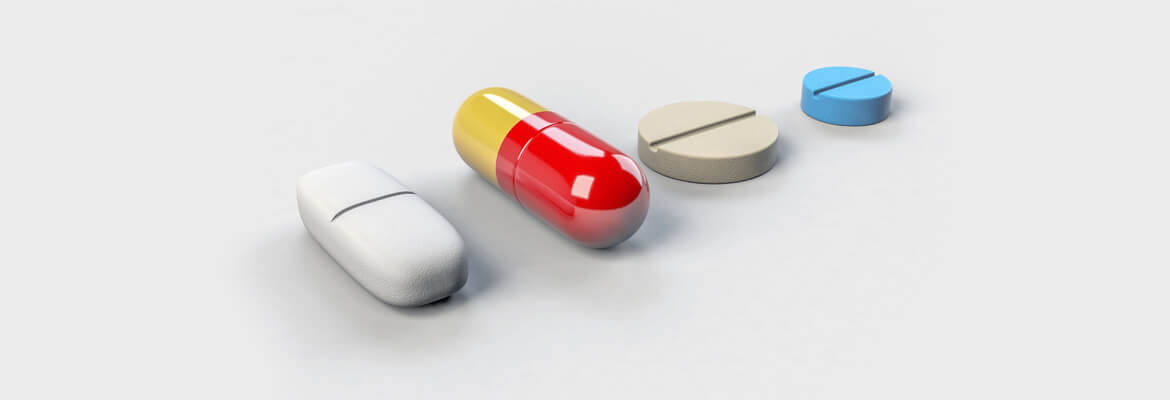The use of blood thinners and questions and answers surrounding them
Recently after coming out of a horrific experience with blood thinners. My mum was on them due to atrial fibrillation (irregular heartbeat). As long as she was not on blood thinners she stayed fine, which was 7 years. But the moment she went on them things went South, this does not take away from the fact that you may need them. But make sure whoever is managing you with them, which means your doctor is doing a good job of educating you about them as well.
Let’s understand what blood thinners are, they help blood flow smoothly through the veins, they make your blood thinner. On the flip side if you cut yourself, then you could bleed more than usual. In my mum’s case, because she had atrial fibrillation, she could have her blood clotting and this could potentially increase a chance of a stroke or a heart attack. For people who have heart disease, or deep vein thrombosis (pregnancy predisposes you to DVT, even taking estrogen), lupus, may need this type of medicine. Blood thinners prevent clotting.
Here is what you should know about blood thinners.
- Make it a point to know that there are many types of blood thinners, also called anticoagulants. Most come in a pill format, but many are also given as injections.
- Make sure your doctor runs tests to regularly check on how you are doing on blood thinners.
- Be in-tune with excessive bleeding of any kind: through stools, heavy periods, bleeding gums, prolonged bleeding from a wound.
- Let your doctor know if you experience any side effects like dizziness, muscle weakness, skin eruptions, any unusual bleeding.
- The fact that you are on them, poses a risk of internal bleeding due to any external injury; so be mindful when you go through any injury.
- Always inform a healthcare practitioner that you are on a blood thinner (for example your dentist) and of any other medications you may be on.
- Stopping blood thinners will increase the risk of getting blood clots. This happened in my mum’s case. She had a bleed in her stools (trace blood) and the doctors took her off her blood thinners, however never indicated how long she could be of them, so she suffered a stroke. In a normal case the gap of being off a blood thinner to when you get back on them should not be more than a few days, check with your doctor and ask how long you can stay off them. This may mean you need to understand more specifically from your doctor your bleeding and blood clotting risks.
- Don’t forget to eat your greens, as many of these thinners work by reducing vitamin K stores which you can get from leafy greens.
- Hydration is key in the case of travelling, as dehydration causes blood vessels to get narrow.
- Cut back on drinking too much alcohol.
- Stay active always, if you are older do simple exercises at home.

